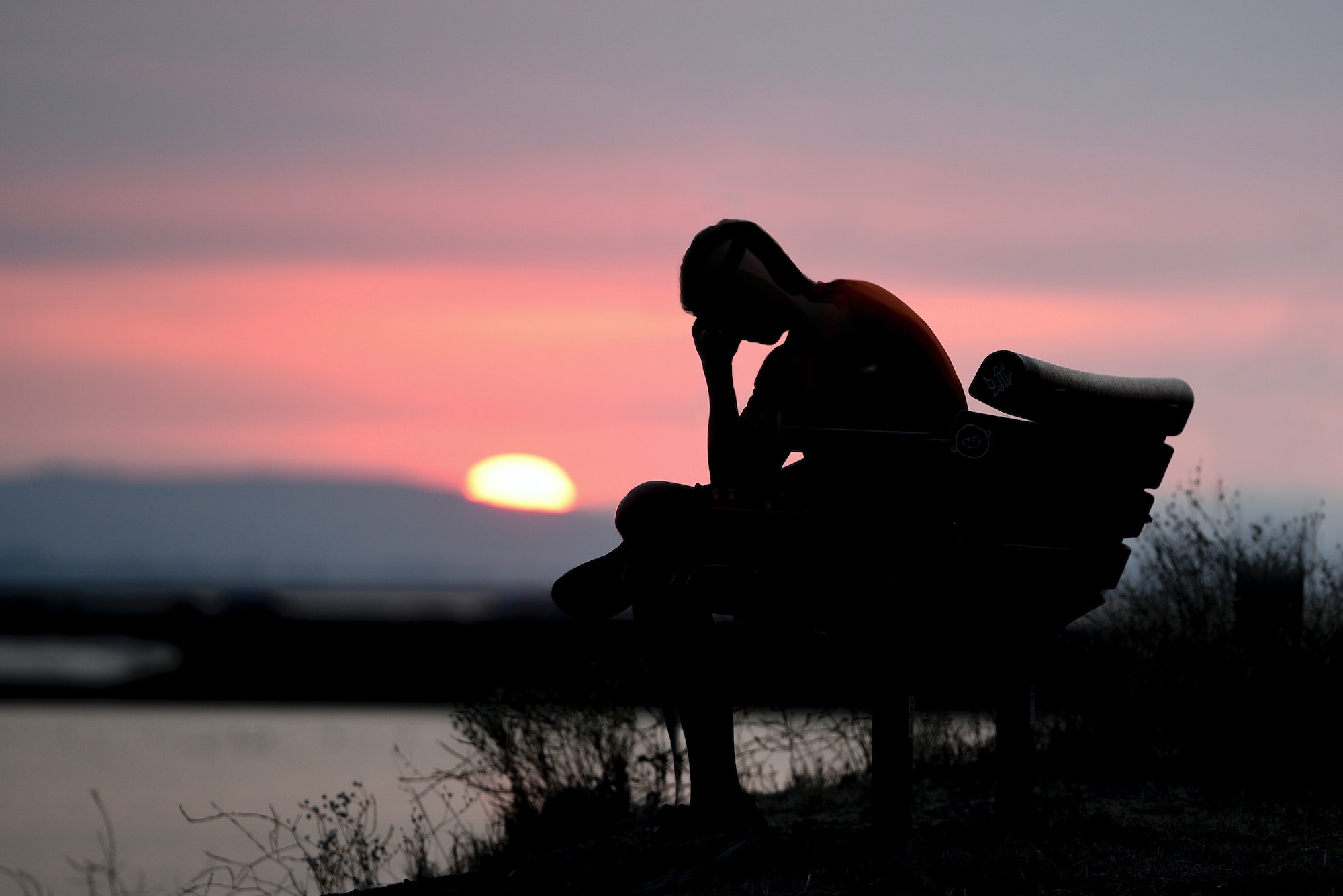COVID-19 survey highlights growing suicide and mental health risks across various groups
COVID-19 has significantly increased the suicide risk for Canadians with preexisting mental health challenges and experiences of marginalization, reveals a new survey by the Canadian Mental Health Association (CMHA) in partnership with researchers at the University of British Columbia.

Credit: Jude Beck/Unsplash
COVID-19 has significantly increased the suicide risk for Canadians with preexisting mental health challenges and experiences of marginalization, reveals a new survey by the Canadian Mental Health Association (CMHA) in partnership with researchers at the University of British Columbia.
While six per cent of those surveyed said they experienced suicidal thoughts and feelings during the outbreak, this proportion rises to 18 per cent of those with preexisting mental health challenges, 16 per cent of Indigenous people and 15 per cent of those with a disability.
Other groups that experienced suicidal thoughts more frequently were people who identify as LGBTQ+ (14 per cent) and parents living with children under 18 (nine per cent).

“COVID-19 may have been termed the ‘great equalizer’, but it certainly hasn’t affected everyone equally—people who were already experiencing mental health challenges and experiences of marginalization appear to be the hardest hit,” says lead researcher Emily Jenkins, a professor of nursing at UBC.
She added that the results align with surveys by the Public Health Agency of Canada and others that show threats to Canadians’ mental health are growing in the wake of the pandemic, and it is among the first to show the disproportionate mental health impacts on various subgroups.
The survey was conducted among a nationally representative sample of 3,000 adults living in Canada. It ran from May 14-29, as the country started to reopen after lockdown and other COVID-19 measures.
Preexisting mental health conditions
The survey also highlighted the new pressures faced by people who already experience mental health issues. These individuals are twice as likely as those without a mental health issue (59 per cent compared to 33 per cent) to say their mental health has declined amidst the pandemic.
They are also:
- 2.5 times more likely to feel depressed (46 per cent vs 17 per cent)
- three times more likely to have trouble coping (28 per cent vs 11 per cent)
- four times more likely to have had suicidal thoughts (18 per cent vs four per cent)
- four times more likely to have deliberately harmed themselves (four per cent vs one per cent)
Among this group, very few are accessing supports such as in-person counselling, virtual mental health care or online resources in general.
“People with preexisting mental health conditions are some of the hardest hit,” says Margaret Eaton, national CEO, CMHA. “The pandemic is exposing how broken our mental health system already was in Canada. We must invest in community mental health programs and services, improve our nationwide suicide prevention plan and seize this opportunity to fix our system for the longer term.”
Impact on families with young children
Public health messaging has largely talked about how children are less likely to get sick from the novel coronavirus—but the survey suggests they may be very vulnerable to the mental health effects, with 24 per cent of parents describing a deterioration in their children’s mental health.
Parents living with children under 18 also reported:
- 53 per cent feel anxious and worried (vs 44 per cent of people without young kids)
- 45 per cent say their mental health has declined (vs 36 per cent)
- 29 per cent have increased their use of alcohol (vs 17 per cent)
- 12 per cent are worried about being safe from physical or domestic violence (vs eight per cent)
- nine per cent have had suicidal thoughts (vs six per cent)

“The pandemic is a perfect storm of stress for parents and their kids, with many saying they are concerned about money, job loss and having enough food to feed their families,” says study co-lead researcher Anne Gadermann, a professor in the School of Population and Public Health at UBC. “I’m particularly worried about those families who are experiencing multiple vulnerabilities, such as people facing discrimination or systemic racism, those with low incomes or a disability.”
Signs of resilience
The researchers note that despite the stress, many are finding ways to protect their mental health. Exercise is the top strategy (59 per cent), followed by connecting with family and friends (56 per cent) and maintaining a healthy lifestyle (43 percent).
“It is promising to see some signs of positive coping; however, we can’t lose sight of the fact that these individual measures are not adequate or accessible for many,” observes Jenkins. “What we need to see now is a comprehensive mental health strategy, which must include policy-level investment to address the social conditions that shape these mental health outcomes and to protect and promote mental health for all, including those most at risk.”
The survey, conducted by Maru/Matchbox, is the first of three strategic waves of national surveying that is also aligned with work being conducted by the Mental Health Foundation in the U.K.



